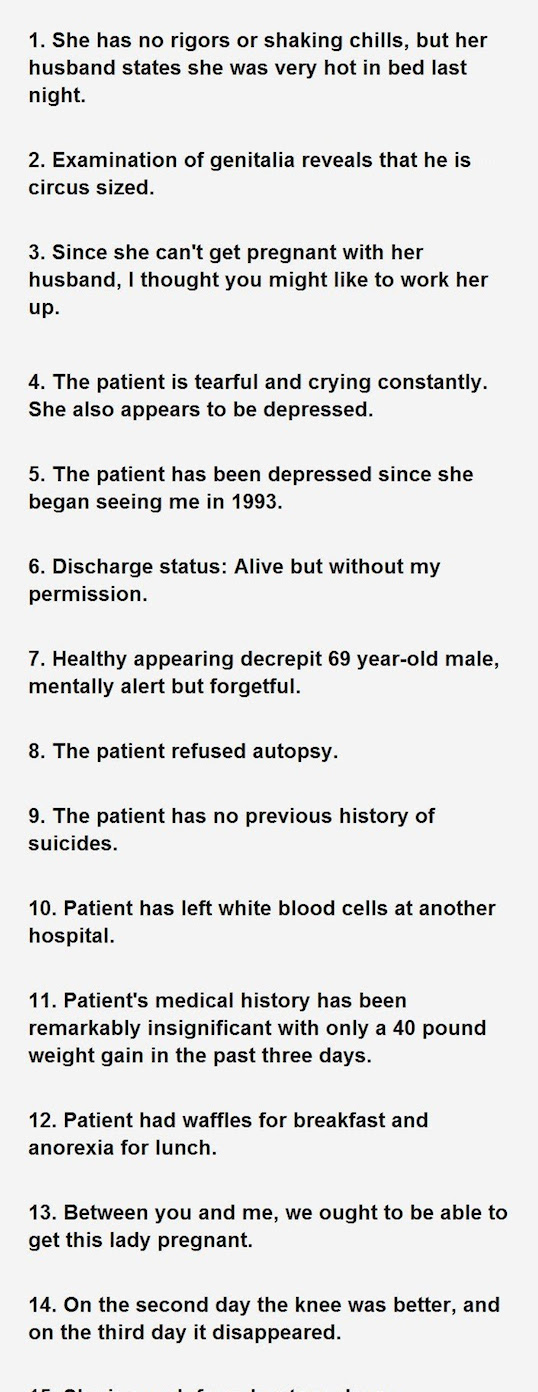My brother would have turned 29 the other day. Thus begins the season of difficult anniversaries.
Six years ago, my baby bro turned 23. It was 2008, a week before Barack Obama’s first presidential election. Hope and change were in the air. I had a new job and a new car, and life was good. Through a misunderstanding, a distant cousin gave me the news. It felt like an eternity as the words came out of his mouth. “I have bad news,” he said. “It’s your family.”Then, just a few weeks later, all the hope died. But boy, did I get some change.
“Not my brother,” I thought.
“It’s your brother.”
“Not dead,” I thought.
“He died.”
And that was it. No explanation why, nothing. I called my mother and got little more information. She couldn’t reach him for several days and finally they sent the landlord to check on him and, well…he’d already been dead several days. That was all they knew.
I found out the cause of death years later — something that respectable people in the upper-middle class suburb where I grow up “just don’t do.” So we don’t talk about it.
My little brother Adam was my best friend in the world. He was my only sibling. While we were different in so many ways, in other ways we were like one soul in two bodies.
My brother was no saint. He had a heart of gold, but in the years before his death he suffered failures and disappointment. At age 22, he told the family that he suffered from anxiety and he sought treatment for it. But two decades of anxiety aren’t cured quickly.
Most of his difficulties in life probably stemmed from his severe anxiety, but nobody realized that until the end. And in America, when you fail, it’s your fault. Bad grades? Work harder. Too fat? Eat less and work out, you lazy bum.
Adam was the smartest person I ever knew. He had no plausible deniability that any bad grades were because of a lack of intelligence. This kid sat home and read Faulkner and Shakespeare for fun during high school. Who does that? So the label that stuck on my brother — at least in his own mind — was lazy.
I’m not blaming my family here. These are messages our culture sends us and we internalize them. One generation passes them on to the next. We mistake our grades and our salaries for our self worth instead of measuring our lives in joy and love.
After Adam died, I sat at the computer writing his eulogy. I process my thoughts by writing, and only by writing could I begin to thaw my numb emotions. I didn’t even know what I was feeling until I saw the words I had written on the page:
“If you’ve been close to Adam these past few years, you know that life dealt him a few curveballs. He struggled at times, but he was a fighter. It challenged each of us to try and help him move ahead while simultaneously accepting his limitations and helping him accept them too.
I am sorry for all of the anguish these problems caused him, but I want to say this: I would not wish away Adam’s shortcomings. They made him who he was, and that is the brother I love.
Please, in honor of Adam, love the important people in your life not in spite of their flaws but because of them. Shame is toxic. Empathy and love are the cure.
Our flaws cause us pain, but they also make us who we are. By overcoming them, we grow stronger and deepen our understanding of the human experience.








